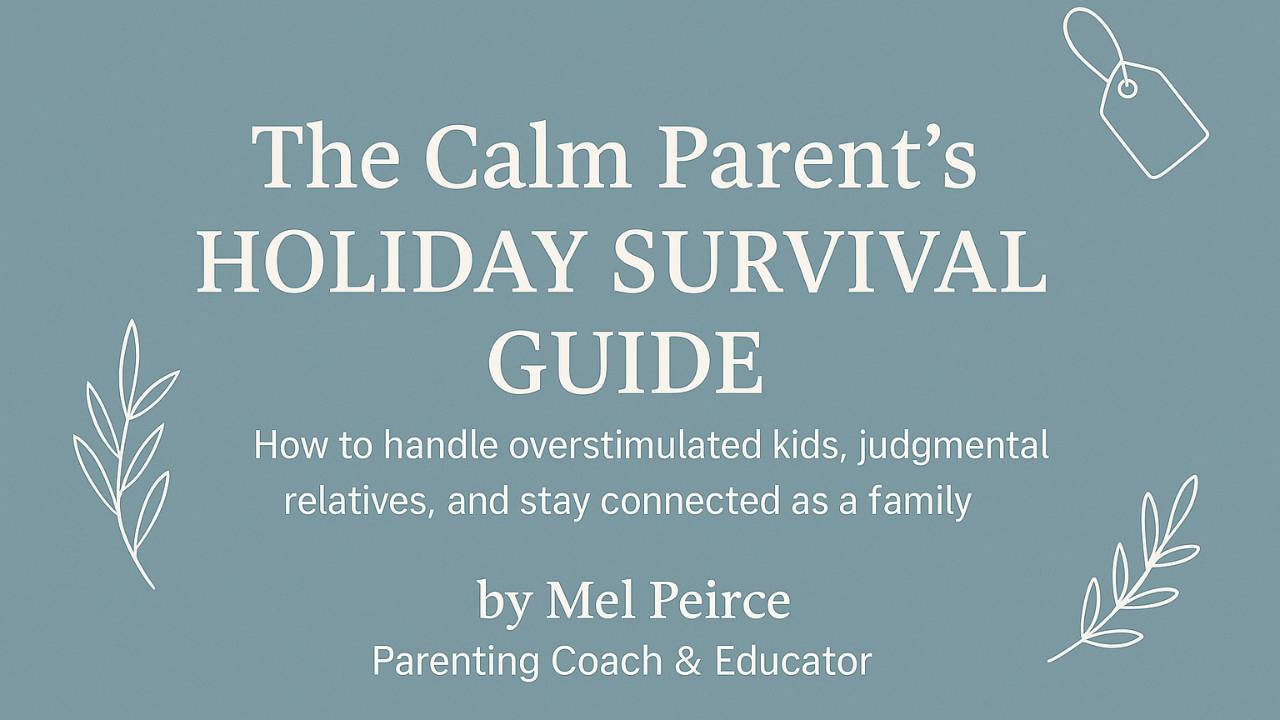Five Reasons Kids Lie
Oct 16, 2023
Should I be concerned about my child’s lying? After one of my recent in-person workshops, a Dad approached me to ask for some advice about lying. He was concerned because his kindergartner had gotten caught in quite a few lies recently, and he wasn’t sure if he should be concerned about it or what he should do.
I started our conversation by reassuring him that it was completely normal for children to lie, and not to be overly concerned. Lying typically peaks in kids between the ages of 3 and 8, and kids can lie for a whole host of reasons.
Here are 5 reasons that kids lie:
1. They are learning! Kids have to figure out how things work in the world and where they fit in. They need to experiment and test new behaviors and limits and learn how what they say and do affects other people. They are also learning how to elicit or anticipate a response, and once they figure out that certain behaviors have consequences they can lie to avoid them.
2. They may not know they’re lying. Kids play pretend often and their line between fantasy and reality is usually quite different than ours. It’s very possible that they may think they did (or didn’t do) something, and actually just not remember correctly.
3. Kids struggle with impulse control because that part of their brain isn’t fully developed yet. The prefrontal cortex is the part of the brain responsible for impulse control. It's completely under construction when kids are young and then goes through a complete remodel in the teen years.
This means that kids do things impulsively and then wish they hadn’t, so they lie to avoid the consequences. They can also respond impulsively before they have a chance to think about something, and then they don’t know how to back out of the impulsive lie.
4. They’re seeking attention. Lying can be driven by a need for attention or to build up self-esteem. Children may lie to peers in an effort to make friends and connect.
5. They don’t want to disappoint parents, teachers, or caregivers. We’ve all told little white lies to avoid hurting someone’s feelings or disappointing them, and our kids do it too. They don’t like feeling ashamed — and if they think we will be upset or disappointed with them and push them away, they will lie instead.
Kids can lie for a host of reasons. But if you get fixated on the lying itself, you are more likely to overreact and less likely to get to the root cause of the lie — and that’s typically where your child needs the most support and guidance.
If you look at your child lying as a normal part of their development, you are able to stay more neutral about it so you can calmly and effectively deal with the situation with your child.
If lying is an issue with your child and you don’t know what to do about it, I’m going to be teaching a 30-minute class and coaching on lying this month in the Confident Parenting Club. I will be sharing specific tools with exact scripts so you know what to think, do, and say when talking to your child about lying. Learn more and sign up here.
Join the Confident Parenting Community.
Receive the latest tips and tools from the Confident Parenting Toolbox to support your kids
(and yourself!) with today's challenges so your whole family can thrive.
We hate SPAM. We will never sell your information, for any reason.


